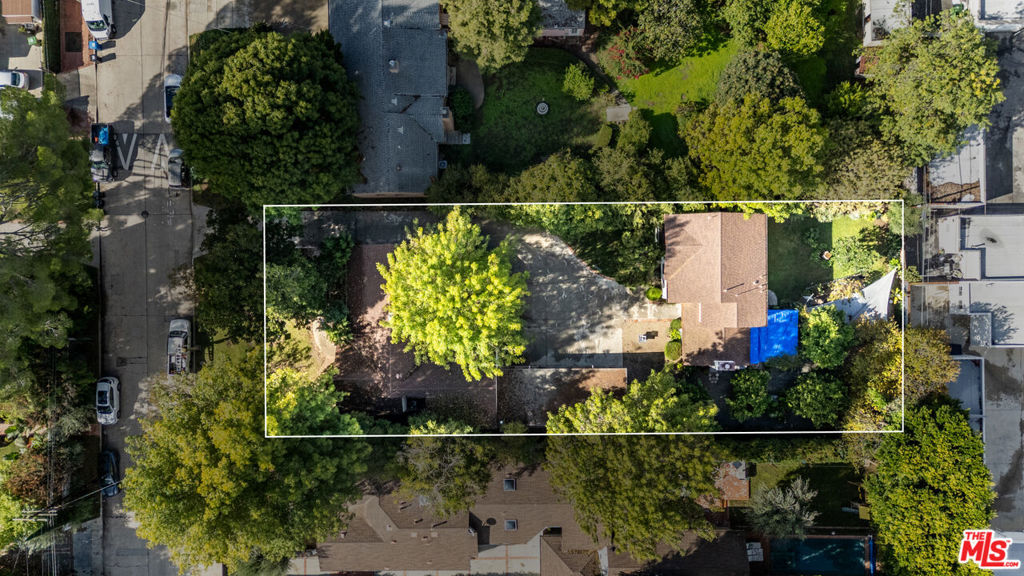Definition of Probate
The judicial process in which an instrument purporting to be the will of a deceased person is proven to be genuine or not. Probate handles the lawful distribution of the decedent’s estate.
At The CREM Group, we get many questions from distraught clients when a family member dies. They are faced with selling their parents’ property—usually the family’s home. However, sometimes, it’s a commercial building connected with the family business.
After discussing the details, we often tell the client, “It looks like your property must go through probate before you can sell it.” Note: You can sell during probate.
“Does it have to be a probate sale? And, what exactly is that again?”
Because people are confused about probate, we thought having a short lesson would be helpful and encourage families to set up their succession planning if they haven’t already done so.
Here’s the thing: California statutes relating to probate make people realize how difficult it can be. The concept is straightforward, but the rules surrounding it are not. For that reason, it’s best to deal with specialists for these transactions, and at the same time, it helps to have an idea of the levels of preparation that will affect your experience in selling your family’s property. The bottom line is that avoiding probate is the best course.
To complete this short course on probate, we conclude with a note about buying probate properties.
Three Levels of Succession
After someone dies in California, the real estate transaction may or may not have to go through probate. There are three typical levels of succession relating to property within an estate, all of which depend on the documents in place when the decedent passes.
- Revocable living trust
- A will but no trust
- No will and no trust
The Revocable Living Trust
The revocable living trust document is set up with an attorney while the person is still living. “Revocable” means it can be changed. Similarly, an “Inter Vivos Trust” is set up during a person’s lifetime to distribute money or property after they are gone. Some people use Revocable Living Trust and Inter Vivos Trust interchangeably, but only if the Inter Vivos Trust is revocable will it be a Revocable Living Trust. In both cases, an attorney investigates the decedents’ assets (it’s not just real property, but it can be other valuables as well) by collecting deeds of trust, receipts, etc., so that each item’s title is strong enough to bypass the courts.
The assets in these kinds of trusts (particularly, a home or even commercial property) can be sold without being subject to the lengthy probate process, which can take up to a year or more. A “trust sale” (a home or commercial property that is not in probate) can occur in much less time and without the court’s intervention.
A Will But No Trust
A will must go through probate but it will ensure the decedent’s wishes are carried out at least. A will can be prepared by an attorney, but it can also be hand-written or copied with a fill-in-the-blank online document. A will of any kind won’t have the same legal vetting so that wills can be contested (challenged).
While the assets in the estate will still go through the probate courts, it is generally understood that the intent of the will is honored as much as possible by the courts. Having a will is a mid-level protection dictating the dissolution of one’s assets. It does not offer nearly the same efficiency as a Living Trust or Inter Vivos Trust but helps support your wishes after you’re gone. People who die without a will are said to be intestate.
With No Will and No Trust
With neither a will nor a trust, the real property and other assets must go through the probate process. Sometimes, the beneficiaries and heirs are not designated. In that case, the courts follow a specific intestate succession, which is outlined in detail in the California Constitution, Probate Code, Division 6, Part 2, Chapter 1, sections 6400-6414. The Probate Code is purposefully detailed—and it’s meant to protect the decedent and their beneficiaries.
Knowing What You’re Doing
Selling
Your family’s property would pass through the probate courts if no trust is in place. For someone selling probate property, the laws are in place to protect you and the buyer, the heirs, and the marketplace. If the family knows why probate occurs, they’ll not be impatient, hopefully.
The courts are doing their jobs in assuring that the assets in the estate are yours to sell.
Buying
For someone buying probate properties, it is good to know enough about the laws to realize the extra time it takes and the reasons for the delays. A probated property you purchase could be for a residence, a business, or as part of creating your real estate portfolio.
A home or business building that has been “stuck” in probate for a while is often sold for less than equivalent homes and offices in the nearby neighborhoods. The family may be in a hurry to sell and need the money to settle their other debts. They may need to sell quickly to invest in another venture. Those hurry-up homes and commercial buildings can sometimes be bought for less-than-market.
Another category of “good deal” properties is probate homes that have been left untended and need repairs. The parents passed away; the children were gone, and the grandchildren lived in another country. Who knows? Or the family didn’t have the funds to repair the house after the renters trashed it. A buyer can purchase it as is, and it can be an excellent investment for someone handy with a hammer.
The CREM Group has seen it all. Homes and commercial properties that go through the California probate courts come in all varieties, shapes, and sizes. The best choice is to find out as much as possible on your own and then work with experts. The CREM Group can help. Whether you are selling or buying, we hope you’ll contact us!
And we hope you are working on your succession planning documents.



